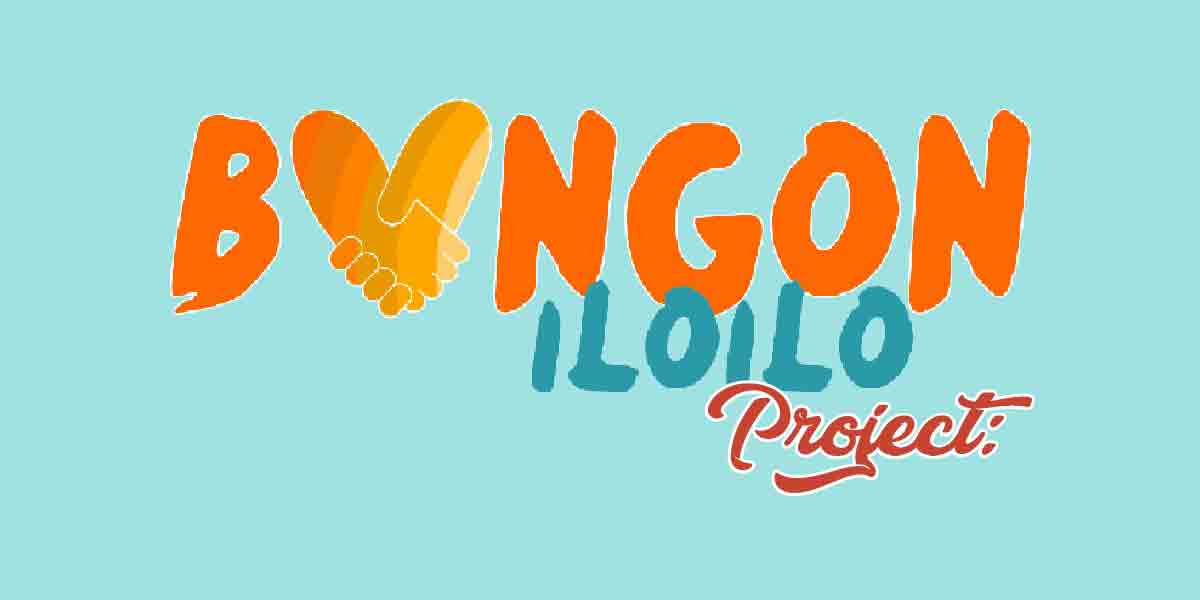
Just recently, both the majority of the House of Representatives and the Senate voted in favor of the “Bayanihan Act of 2020” which officially declares a State of National Emergency due to the continuous rise of the confirmed cases of COVID-19. The pandemic brings a serious threat to the lives of all Filipinos from every sectors which prompted the legislature to authorize President Duterte to exercise emergency powers that are necessary to carry out the national policy. The legislation might have had a landslide approval from the bicameral congress, but it garnered mixed reactions from netizens online. While some view it as an urgent need to mitigate and contain the transmission of the disease, others doubt it as an unnecessary move that overpowers the chief executive. Considering both sides of the coin, will the act mentioned above do more harm than good? Or shall we support the enactment of the bill?
Affirmative
- There urgency of the COVID-19 situation needs significant state intervention.
The pandemic is continually affecting the lives of all Filipinos from all sectors. It has threatened the lives of every Juan and has disrupted economic activities of the entire country due to imposed community quarantine. Given the declaration of national emergency, it is constitutional to authorize the President, for a limited period and subject to such restrictions, to exercise powers necessary and proper to carry out a declared national policy. The said bill seeks to mobilize resources and expedite operations needed to assist every Filipino in these challenging times by the power of the Chief Executive. This bill will allow the President to order such actions needed to deal with the ongoing crisis. Moreover, in other countries like Singapore, the government sets aside the bureaucracy to launch an all-out effort against the pandemic. Their Prime Minister, as the head of state, is deploying maximum measures to handle a national emergency for the common good.
- The act will consolidate and concentrate governmental efforts to control the pandemic.
The Bayanihan Act of 2020 will center national government action to control and mitigate the pandemic. The act will prioritize and unify projects intended addressing the effects of the virus through the powers of the Chief Executive limited to the duration of the pandemic. With this, the government will focus on dealing with COVID-19’s domino effect. It will grant authority to the President to realign and reallocate the national budget to deal and raise funds given the adverse effects of COVID-19 without compromising other state projects. It will authorize the President to direct the operation of privately-owned hospitals and medical health facilities, hotels, and other similar establishments to house health workers, serve as quarantine areas, quarantine centers, medical relief, and aid distribution locations, and temporary medical facilities. The bill will mandate the formulation of socio-economic programs such as incentivizing workers who have lost their jobs to craft innovative Personal Protective Equipment (PPE). The bill will establish recovery and rehabilitation centers as well. The bill will empower the President to fast-track the acquisition of PPEs for health practitioners and front-liners, and launch relief operations to those in need. It will also ensure that all Local Government Units (LGUs) are acting as per the said bill.
Negative
- The legislation is unnecessary because of the way LGUs are handling the situation.
The bill seeks to intervene with the activities conducted by LGUs nationwide. LGUs all over the country have already enacted various disaster measures to deal with the COVID-19 situation. Iloilo City, for example, is continually garnering food and health supplies from several donors. Even if the city only has one (1) confirmed case, the LGU has gone the extra mile to address the issue. The local government has been exhausting all support they can to address the crisis within the city. It has enlisted private entities to donate as well. Given the loss of public transportation, the city is now providing free transportation for health workers and food assistance to public utility drivers who lost their livelihood. Temporary lodgings have been set up to shelter health workers too. Mobile kitchens in barangays were installed to distribute food aid in every household. Pasig City as well has done a great job in containing the virus. Its LGU has bought drones to disinfect their area efficiently. They have given free bicycles to health workers for their transportation. This bill will only realign the transcendental efforts of these LGUs following the directives of the national government. It will standardize the activities of the LGUs under the permission of the national government.
- The authorization of powers can be abused and is only ineffective, given how the national government through the Executive Department has acted recently.
Objectively, the national government led by the Chief Executive through the Department of Health (DOH) has been slack in addressing the crisis even with the World Health Organization’s declaration of an international pandemic and prescription to mass testing. Even with the approval of this legislation, this will still be ineffective given underlying the incompetent performance of the department lately. The DOH has been permitting the prioritization of “very important” persons for virus testing setting aside persons under monitoring and investigation, and front-liners given the scarcity of testing kits. The national government system continues to allow the social inequality between the powerful and the marginalized even in a time of a public health crisis. If this ensues, the unprivileged, marginalized, and the working class will suffer more. This status quo defeats the purpose of “bayanihan” which unifies the efforts of the government because only the rich and the powerful benefit.
Additionally, this will only do more harm than good because it only centralizes powers in the hands of the President. The bill authorizes the President to revisit the national budget to reallocate funding. The special powers can be abused too in numerous possibilities, given the prevalence of corruption within the Philippine government.





















